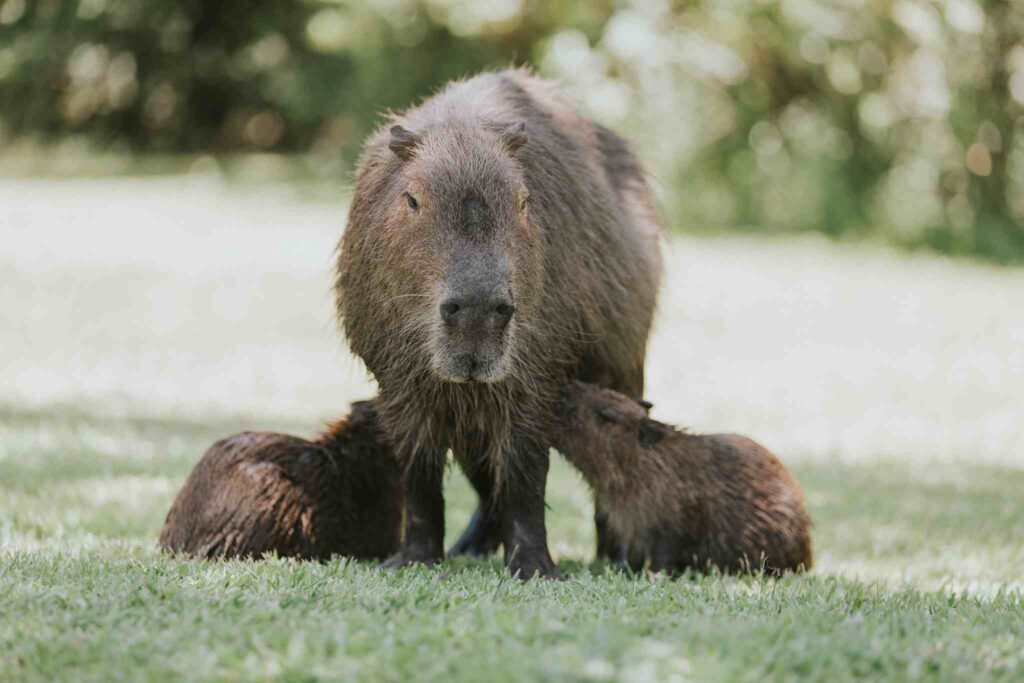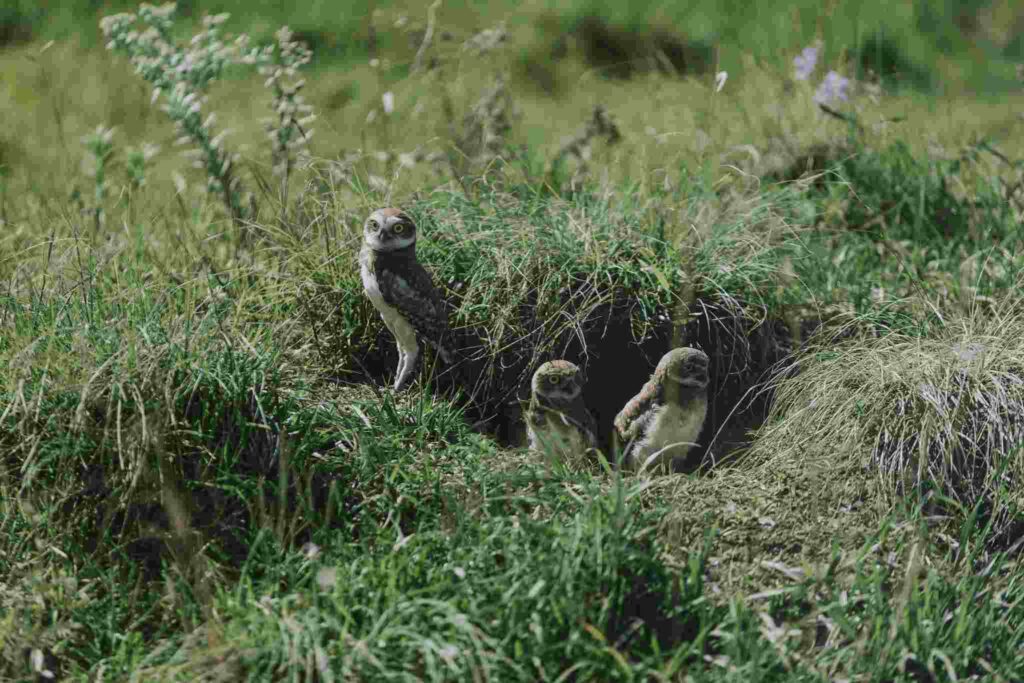In Argentina, a country of vast natural wealth, the wetlands stand out as vital ecosystems that are home to amazing biodiversity. Moreover, they play a vital role in preserving environmental health. However, the wetlands are under threat because of human activity and climate change. Therefore, it is essential to understand what wetlands are and why it is paramount to preserve them and ensure ecological balance.
What are the wetlands?
A wetland is an area of land that is either temporarily or permanently flooded, including swamps, marshes, peatlands and estuaries that are home to a unique diversity of flora and fauna adapted to aquatic conditions. These ecosystems function as natural sponges, absorbing and filtering water, regulating flood levels, and serving as critical habitat for numerous species of birds, mammals, amphibians, insects, and plants.
In Argentina, wetlands cover an extensive area, including the Iberá Wetlands, the Paraná River Delta, the Uruguay River Delta, and the Guanacache Lagoons, among others. These sites are not only sanctuaries of biodiversity, but also vital sources of natural resources and enablers of ecosystem services, such as water purification and flood mitigation.
In addition, they help stimulate leisure and tourism, which in turn boosts the economic development of local communities.
Why are wetlands in danger?
Despite their significance, Argentine wetlands face several threats to their integrity and functionality:
- Urban and agricultural development: The expansion of agriculture and urbanization has led to the transformation of large areas of wetlands into arable land, as well as the construction of infrastructure that fragments and degrades these ecosystems.
- Pollution: Pollution from industrial, agricultural, and urban activities affects water and soil quality in wetlands, jeopardizing the health of species that depend on these ecosystems.
- Extraction of natural resources: The uncontrolled extraction of resources –such as timber, water and peat— causes irreparable damage to the wetlands and their biodiversity, menacing their ability to maintain vital ecosystem services.
- Climate change: Climate change is exacerbating the effects of droughts, floods, and storms on wetlands, altering their flooding patterns and threatening the survival of sensitive species.
Finally, wetland conservation is crucial to promoting sustainability both locally and globally. These ecosystems play a key role in terms of food security, protection against natural disasters, and the promotion of tourism, which in turn drives the economic development of local communities.

What can we do to protect wetlands?
To protect wetlands and mitigate their degradation, urgent action is needed at the local, national and international levels:
- Legislation and policymaking: It is essential to implement laws and policies that promote the conservation of wetlands and regulate their sustainable use, while encouraging the engagement of citizens in decision-making.
- Education and awareness: Environmental education and public awareness are key to promoting the appreciation of and respect for wetlands, as well as to encourage responsible practices in the use of these ecosystems.
- Integrated management: Integrated approaches to wetland management are required, considering the interests of various sectors, such as agriculture, fisheries, tourism and conservation, ensuring balance between economic operations and environmental preservation.
- International cooperation: Wetland conservation is a global challenge that calls for cooperation and collaboration between countries, international organizations, and local communities to effectively address the threats faced by these ecosystems.

At Puerto Valle, we not only offer you the possibility of exploring the Iberá Wetlands by engaging in our activities in Laguna Valle and Portal Cambyretá; we also work tirelessly to protect the environment around us and promote sustainability with our employees and guests.
Wetlands are natural jewels of Argentina that deserve to be protected and conserved for present and future generations. Their preservation is beneficial not only for the health of the environment, but also for the well-being and prosperity of the communities that depend on them. It is everyone’s responsibility to work together to ensure a sustainable future in which wetlands continue to exist as an invaluable treasure of nature.

